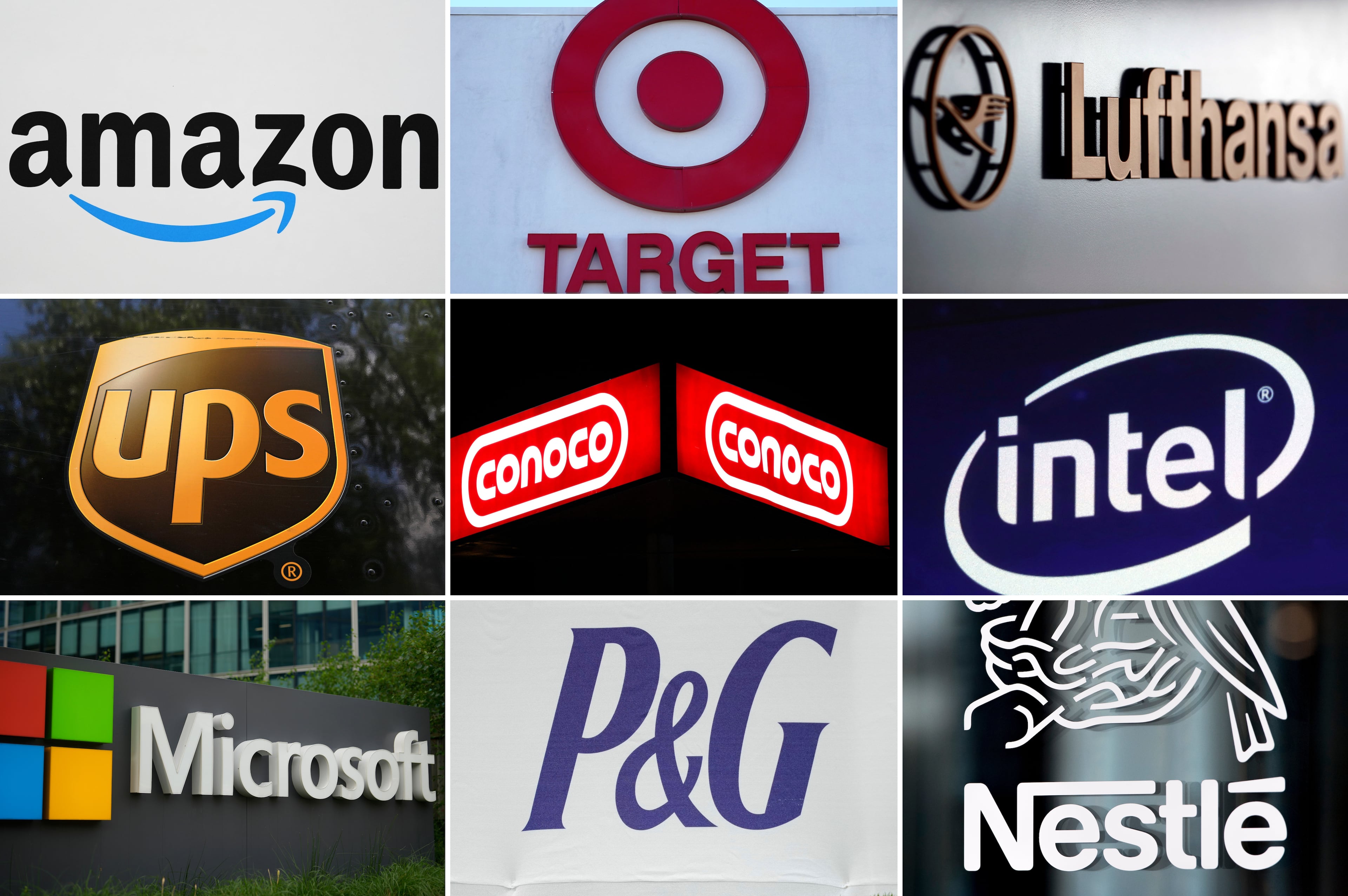What President-elect Trump’s economic plans could mean for the U.S., Georgia

From tariffs to taxes, from maids to maintenance workers, the second term of Donald Trump is expected to have an impact across much of the economy.
The intensity — and direction — of the effect depends on how many of his promises he pushes, how much Congressional support he gets and how other nations respond. But Trump’s proposals have economists tinkering with their outlooks for inflation, growth and unemployment.
Much like when Trump took office the first time in 2017, he will inherit a growing economy with low joblessness and falling inflation. He cruised to electoral triumph this week on an economic message that seems to have resonated with inflation-weary voters.
His policies, some controversial, might tap the economic gas pedal, while some would hit the brakes, most economists say.
Deporting immigrants
One of Trump’s biggest vows is to carry out “massive deportations” of immigrants without legal status. Such a plan could be initiated by executive order.
Some 10 million to 12 million such immigrants live in the U.S. There are also about 325,000 people who are here under temporary protected status that could be withdrawn.
More than a half-million undocumented people work in maintenance or as janitors, according to a report by the Center for Migration Studies. More than 1 million immigrants without legal status work as maids, housekeepers, cooks and construction laborers.
Deporting such laborers would pull millions of people out of the economy when unemployment is low and such jobs are already tough to fill. It could trigger higher prices for groceries and other goods and services.
Large-scale deportation of working immigrants will be a drag on growth, especially if combined with cuts to the flow of more immigration, said Ryan Sweet, chief U.S. economist for New York-based Oxford Economics.
Economist Mark Vitner of Piedmont Crescent Capital agreed — if deportations are carried out as Trump has promised.
“I think that would be very problematic for agriculture and some construction and janitorial services,” he said. “But I think he’ll have a hard time deporting 12 million people. I don’t think it will happen.”
Raising tariffs
Trump has said he wants across-the-board tariffs — taxes on imports — as a way to bolster domestic manufacturing. A president can impose tariffs without congressional approval. Trump has proposed a 10% across-the-board tariff and a 60% tariff on Chinese imports.
Because tariffs typically raise the price of goods, they are inflationary. But how inflationary depends: How much of the tariff does an importer pass along? How many of the imported goods do Americans need to buy? How much do American manufacturers also raise their prices?
If Trump raises tariffs as promised, it will mean “a modest stagflationary shock to the U.S. economy in 2025,” economists at Wells Fargo said on Wednesday.
“Stagflation” is a term used to describe an economy that is slowing with a rise in both unemployment and inflation.
Wells Fargo predicts inflation will jump from 2.7% to 4.0% next year while the gross domestic product would expand by just 0.6%. But Sweet at Oxford Economics said he doesn’t think Trump’s policies will shift the nation’s $29 trillion-a-year economy so quickly. “The outlook for 2025 doesn’t change appreciably,” he said in an email.
Extend tax cuts
During Trump’s first term, he signed a large tax cut, much of it weighted toward wealthier Americans and corporations. The cuts are set to expire at the end of next year, but Trump wants Congress to extend them.
In general, when government spending outpaces its revenues — that is, when it runs a deficit — that imbalance tends to fuel economic growth. Oxford’s Sweet predicts that could increase the speed of growth in future years if Trump gets his way.
Cutting regulations
While Trump verbally disavowed the 900-plus page Project 2025 plan during the campaign, most of the authors had been linked to him or his first administration and he had previously praised their work.
Conservatives have long criticized government for restricting businesses with unneeded regulation. Project 2025 provided more detail on how Trump might fulfill his calls for government to stop holding American industry back.
Trump’s election has already sparked anticipation in corporate America and on Wall Street, said Vitner. “The markets are excited that we’ll have an administration that will allow more mergers and acquisitions. The market rallied today, especially tech stocks and banks.”



